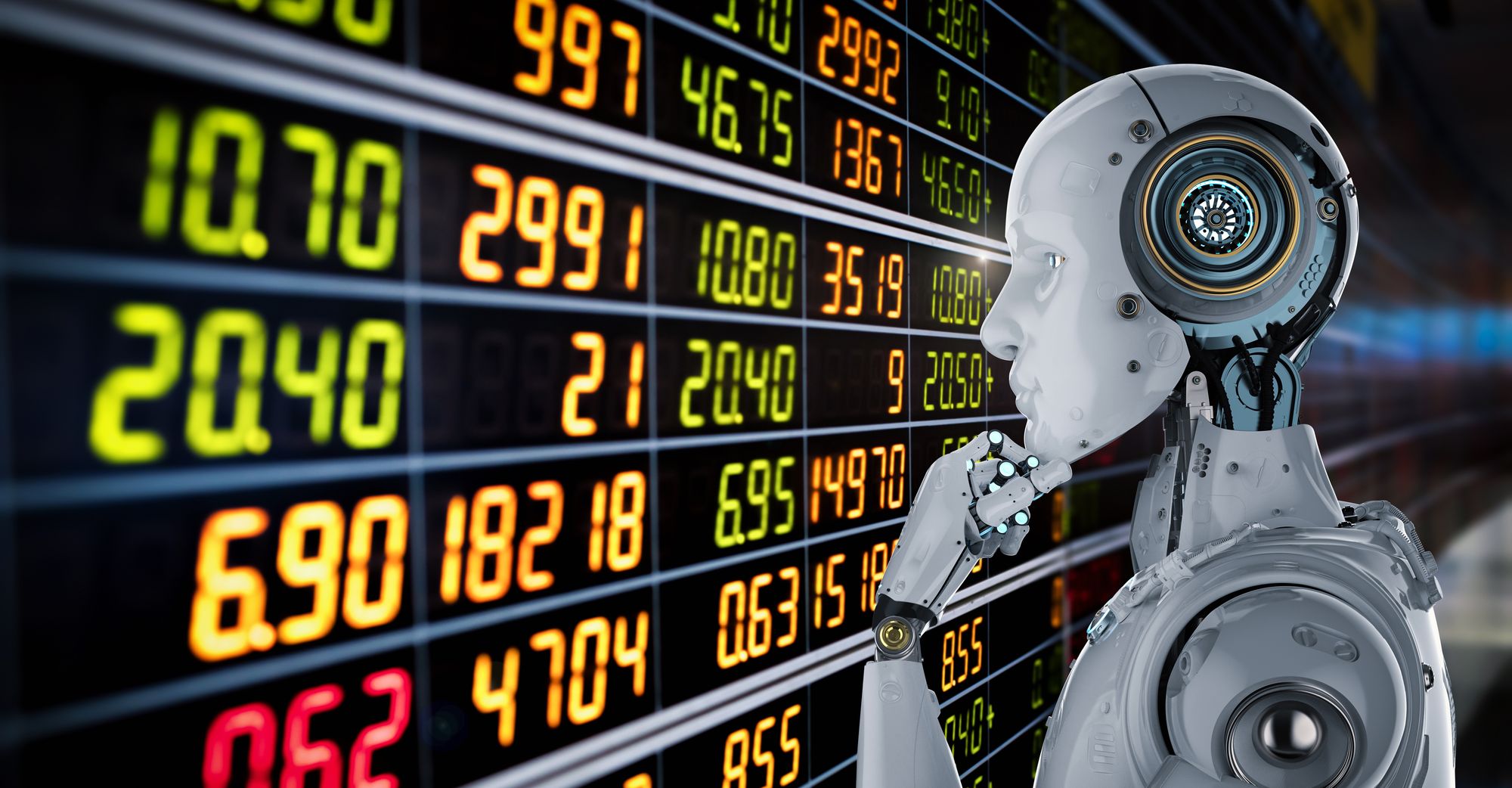AI Impact on Job Market

As companies continue to adopt artificial intelligence (AI) technology, there is a growing concern about the impact it will have on the job market. While some argue that AI will create new jobs and improve the efficiency of existing ones, others predict that it will lead to mass layoffs and increased unemployment rates.
One of the ways in which AI could lead to job loss is through automation. As companies automate their processes using AI, they may no longer need as many workers to perform certain tasks. For example, a company that uses AI to manage its inventory may no longer need as many workers to physically count and track items.
However, while AI may lead to job loss in some areas, it could also lead to increased profitability and market share for companies. By using AI to streamline their operations and reduce costs, companies can increase their profits and become more competitive in the market. This, in turn, can lead to an increase in their share price, which benefits shareholders.
For example, a company that uses AI to optimize its supply chain may be able to reduce its inventory costs, improve its delivery times, and offer better prices to customers. This could lead to increased sales and market share, which would be reflected in the company's stock price.
While the use of AI may lead to job loss in the short term, it could also create new opportunities in the long term. As companies become more efficient and profitable, they may be able to invest in new areas and create new jobs. For example, a company that uses AI to automate its production line may be able to create new jobs in research and development or marketing.
Moreover, when there is a multitude of people not working, they will have ample time to delve into the financial markets. With increased access to information and trading platforms, more people are likely to invest in the stock market, which could further drive up share prices.
However, the impact of AI on the job market is not just about the number of jobs lost or created. It also raises important questions about the type of work that humans will do in the future. As machines become more intelligent and capable, humans may need to focus on tasks that require empathy, creativity, and critical thinking. This could lead to a shift in the types of skills that are in demand in the job market.
In conclusion, while the use of AI may lead to job loss in some areas, it could also increase profitability and market share for companies, leading to increased share prices. However, the impact of AI on the job market goes beyond just the number of jobs lost or created. It raises important questions about the type of work that humans will do in the future and the skills that will be in demand. Therefore, it is essential for companies and policymakers to consider the broader implications of AI on the job market and work towards creating a future that benefits both humans and machines.
